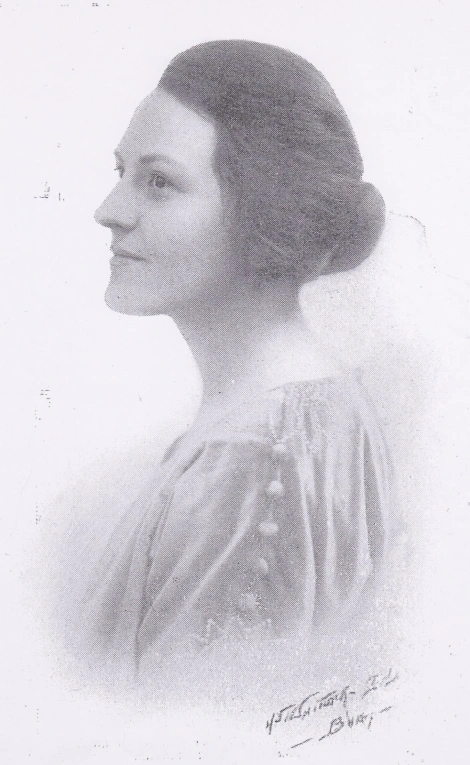
About the Piece
PROGRAM NOTE:
“This short tone-poem is the outcome of a poignant memory connected with the war. The equal suffering and sacrifice of all classes in the cause of common humanity, which led to the honouring of the Unknown Warrior, have been felt by all, and have been well expressed by Laurence Binyon in the lines:
With proud thanksgiving, a mother for her children,
England mourns for her dead across the sea:
Flesh of her flesh they were, spirit of her spirit,
Fallen in the cause of the free, etc.
When the Unknown Warrior was brought home to his last resting-place ‘there was a thick mist over the Channel, out of which the warship slowly emerged’ as she drew near to Dover [November 10, 1920 – ed.]. This explanation of the title will give the clue to the understanding of the music. The opening is quiet, with muted lower strings, as the ship feels her way through the murk. Slight rifts in the mist are hinted at by the use here and there of the upper strings; and the melancholy phrases enlarge as the ship creeps onward with her fateful burden. After a pause, mutes are removed, the air grows brighter, and the deep gloom upon men’s spirits is somewhat relieved, though the tension is still strong. Gradually the style enlarges and becomes more elevated as larger views of the meaning of sacrifice calm the spirit. The agitation of the soul reasserts itself, broadens, and leads to the final section, Largamente appassionata, ff, as with a burst of sad exaltation the representative of the nameless thousands who have died in the common cause is brought out of the darkness to his own.”
(Program note by H. Orsmond Anderton from the first performance, June 1921, by the Birmingham and Midland Orchestra, conducted by Sir Granville Bantock)
Instrumentation:
2 flutes + piccolo
1 oboe + cor anglais
2 clarinets in A
2 bassoons contra-bassoon (ad lib
4 horns in F
2 trumpets in C
2 tenor trombones
bass trombone
bass tuba
timpani
bass drum, side drum, cymbals harp
strings
Score Preview:
About the Composer
Lilian Mary Elkington (1900-1969) remains a case of extraordinary talent that must be unearthed and rediscovered; despite being known as a fine pianist and organist, and having studied composition under Sir Granville Bantock, not even Lilian’s daughter knew of her talents as a composer. That is, bound by her duties as a mother, and a wife, Lilian’s career as a composer was halted, and when her husband Arthur Kennedy remarried, all of her works were ‘disposed of’. Remarkably, the only surviving four works known to Lilian were found by accident in a bookshop in Worthing by the distinguished musicologist, David Brown.
Born in Birmingham in 1900, Lilian began to learn piano at the young age of four, and gave her first public performance at only six years old. The four works known to be by her include Out of the Mist (1921): a tone poem for orchestra, Little Hands: song, Romance, Op.1: for violin and piano, and Rhapsodie, Op.3: for violin and piano.
Out of the Mist was premiered in June 1921 with Bantock conducting the Midland Institute student orchestra. It was also performed publicly on 24 September 1988 as part of the 17th annual concert of the Broadheath Singers, by the Windsor Sinfonia, conducted by Robert Tucker. It was recorded by the BBC Symphony Orchestra, conducted by David Lloyd-Jones on the Dutton label’s Epoch series, and there is a further recording made by the Malta Philharmonic Orchestra conducted by Michael Laus in 2011.
[Source: BritishMusicCollection.org.uk]
Performance Materials
Performance materials are available by contacting the David Brown:
davidjbrown10@aol.com